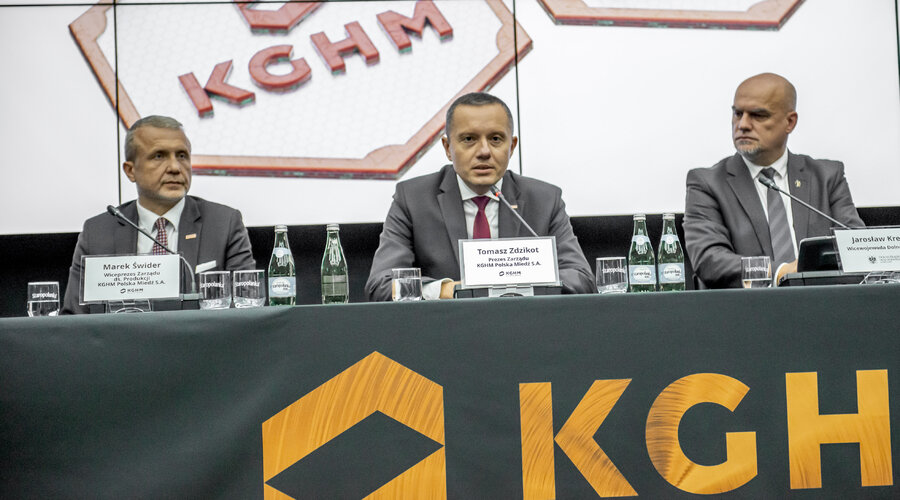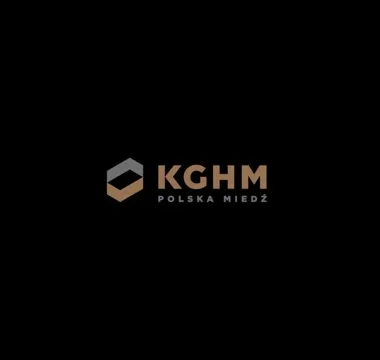Saltworks - KGHM focuses on business and environmentally friendly investments
Green and groundbreaking - the company has announced that it is proceeding with a feasibility study for the construction of modern Saltworks. This is a commercial and environmentally friendly investment project. It will reduce the salinity of KGHM’s process water and produce environmentally neutral water that is free of salt and contaminants. In addition, up to one million tons of evaporated salt will be produced annually, as well as nearly 70,000 tons of fertilizers for agriculture.
Based on preliminary calculations and analogous recent investment projects carried out around the world, the estimated capital expenditures could amount to as much as PLN 1 billion. Due to the availability of technical and power utilities, the saltworks are to be built at the Głogów Copper Smelter.
“The saltworks are groundbreaking investment project for KGHM in many respects. The project is business-oriented and opens up new perspectives. What I have in mind is, among other things, the production of fertilizers, which can provide valuable support for Polish farmers. We are exploring such possibilities. This investment project demonstrates KGHM’s ability to innovate and adapt to the changing climate and market conditions,” said Tomasz Zdzikot, the CEO of KGHM Polska Miedź S.A.
The basic idea of the project is to selectively manage mine water so as to concentrate water streams with higher salt content and direct them to the main dewatering pumping station. The use of process steam, which is available in the existing technological processes, will allow the desalination of water streams and the production of commercially important salt products (evaporated salt) in quantities of up to 1 million tons per year.
“The use of new technologies in the water desalination process is the result of analysis we carried out for several months. The saltworks can be built in stages from expandable modules. We estimate that the construction process will take about six years due to the scale of the investment project and its complexity. The positive environmental impact combined with the profitability of the project are of key importance to our operations,” said Marek Świder, KGHM’s Deputy CEO in charge of production.
The next steps that the company will take later this year will focus on a detailed analysis of the capital expenditures and operating costs and on conducting technological trials for the water desalination processes themselves, including waste management. Later, a detailed schedule of activities will be prepared. Once these tasks are completed, a decision will be made on the choice of technology and the scale of the investment project.
In addition, the principles of circular economy have been adopted in the technological process of the saltworks. The salt will be produced using steam from the existing power infrastructure and gas-steam units at the Głogów Copper Smelter, and the resulting water will be suitable for use in the smelter’s cooling circuits. The materials resulting from the salt production process will be used to make natural fertilizers for agriculture.
This will allow a reduction in the total load of salt released with water from rock mass dewatering by about 50 percent, thereby significantly reducing the company’s environmental impact and contributing to the protection of the Oder River ecosystem.
KGHM is currently continuing the preparatory stage activities that involve designing the expansion of the pipeline network underground and on the ground surface.
Concern for the environment and the nature is one of KGHM’s strategic areas. Just in 2022, the company spent nearly PLN 250 million on pro-environmental investment projects. Environmentally friendly solutions are a priority in KGHM’s operations. Its new investment projects are related to water management and the elimination of salt from process water.












